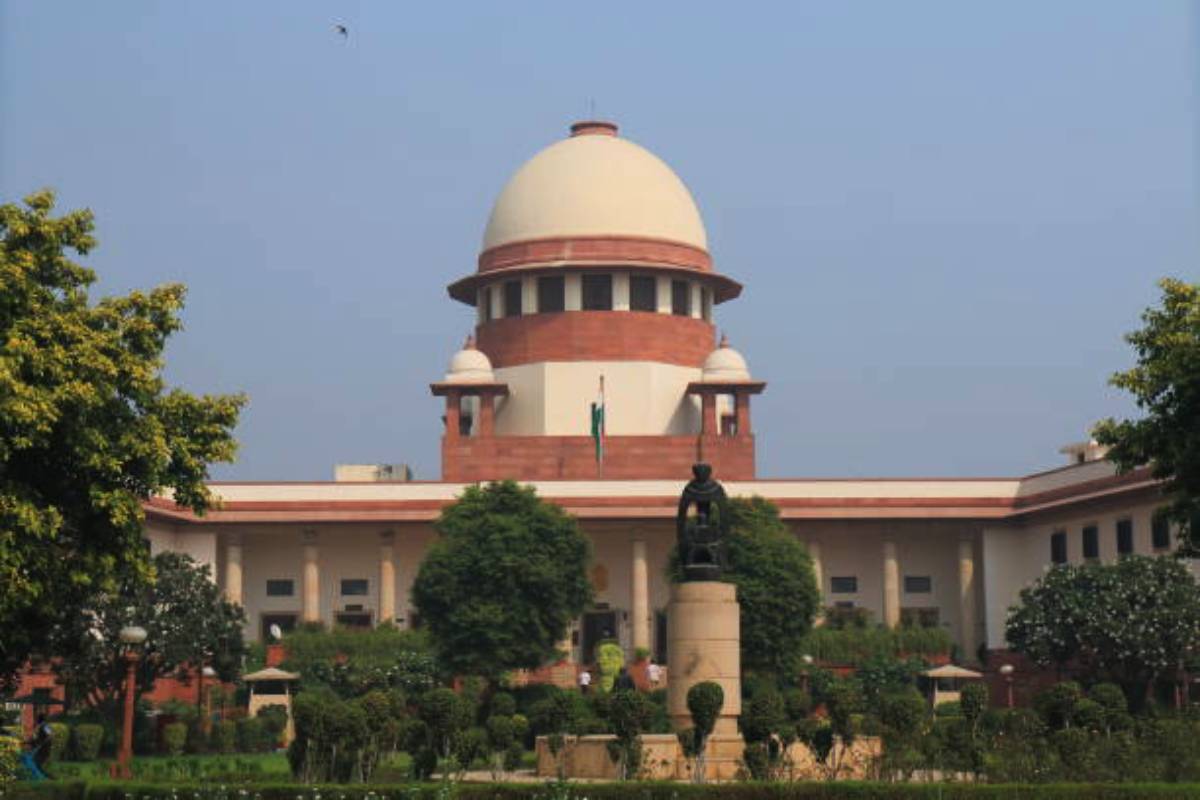In a significant ruling, the Supreme Court on Friday said that children born out of “void or voidable” marriages can claim a right in their parents’ ancestral property under the Hindu Succession Act.
Holding that the children born out of “void or voidable” marriages have a right in their parents’ ancestral property, a bench of Chief Justice DY Chandrachud, Justice JB Pardiwala and Justice Manoj Misra said that that a child under Section 16(1) and Section 16(2) of Hindu Marriage Act (HMA) would be legitimate kin under the Hindu Succession Act (HAS).
Advertisement
Speaking for the bench, Chief Justice Chandrachud said, “In terms of sub-section (1) of Section 16, a child of a marriage which is null and void under Section 11 is statutorily conferred with legitimacy irrespective of whether (i) such a child is born before or after the commencement of Amending Act 1976; (ii) a decree of nullity is granted in respect of that marriage under the Act and the marriage is held to be void otherwise than on a petition under the enactment.”
Pronouncing on several aspects of the issue involving the Hindu Marriage Act, 1955 (HMA) and the Hindu Succession Act, 1956 (HAS), Chief Justice Chandrachud said: “The provisions of the HSA 1956 have to be harmonized with the mandate in Section 16(3) of the HMA 1955 which indicates that a child who is conferred with legitimacy under Sub-Sections (1) and (2) will not be entitled to rights in or to the property of any person other than the parents. The property of the parent, where the parent had an interest in the property of a Joint Hindu family governed under the Mitakshara law has to be ascertained in terms of the Explanation to sub-section (3), as interpreted above.”
While construing the provisions of Section 3(1)(j) of the HSA 1956 including the proviso, the judgment said, “the legitimacy which is conferred by Section 16 of the HMA 1955 on a child born from a void or, as the case may be, voidable marriage has to be read into the provisions of the HSA 1956. In other words, a child who is legitimate under sub-section (1) or sub-section (2) of Section 16 of the HMA would, for the purposes of Section 3(1)(j) of the HSA 1956, fall within the ambit of the explanation ‘related by legitimate kinship’ and cannot be regarded as an ‘illegitimate child’ for the purposes of the proviso;”
However, the judgment clarified, “Before concluding, it would be necessary to clarify that the reference to the three Judge Bench in this batch of cases is confined to Joint Hindu families governed by Mitakshara law. This Court has, therefore, dwelt on the interpretation of the provisions of the HSA 1956 in relation to Joint Hindu families of that class.”
Under the Hindu marriage law, a void or invalid marriage is not enforceable in law or is unlawful. In a void marriage, no decree of nullity is required to annul the marriage. A voidable marriage has to be annulled through a decree. This draws a distinction between the void and the voidable marriage.
The top court verdict by a three-judge bench came on a 2011 reference by a two-judge bench flagging the legal issue ‘whether non-marital children- the children outside the legal marriage – were entitled to a share in the ancestral property of their parents under the Hindu law.
The two-judge bench in 2011 while refusing to go by the past precedents, advanced the rights of children born out of illegitimate marriages.
In 2011, the two-judge bench had held that such children would have a right to any property that belonged to their parents, whether they were self-acquired or ancestral. It had however clarified that the children’s claims would be limited to the property of their parents and no other relation.
















